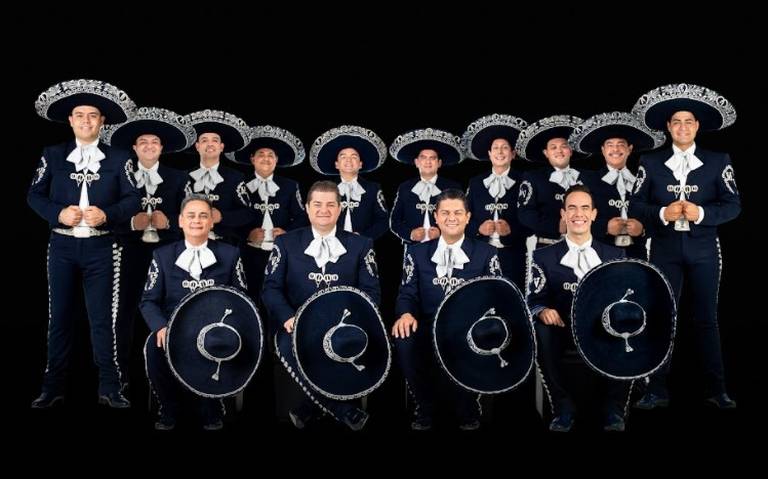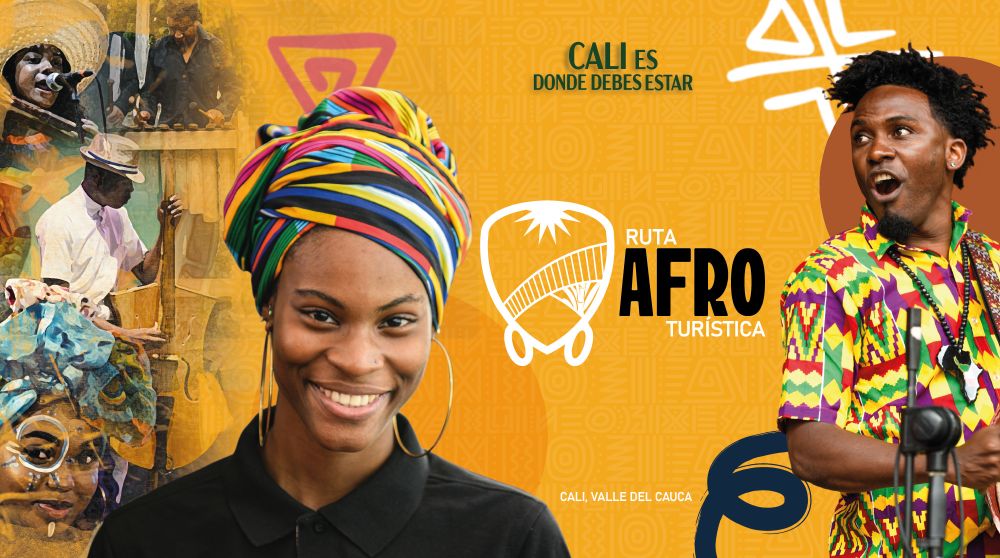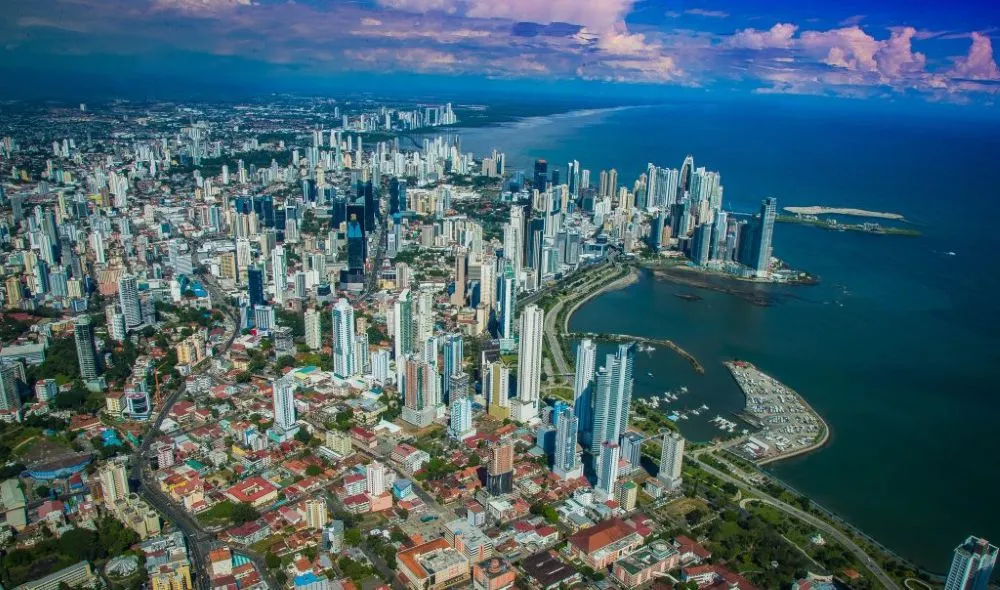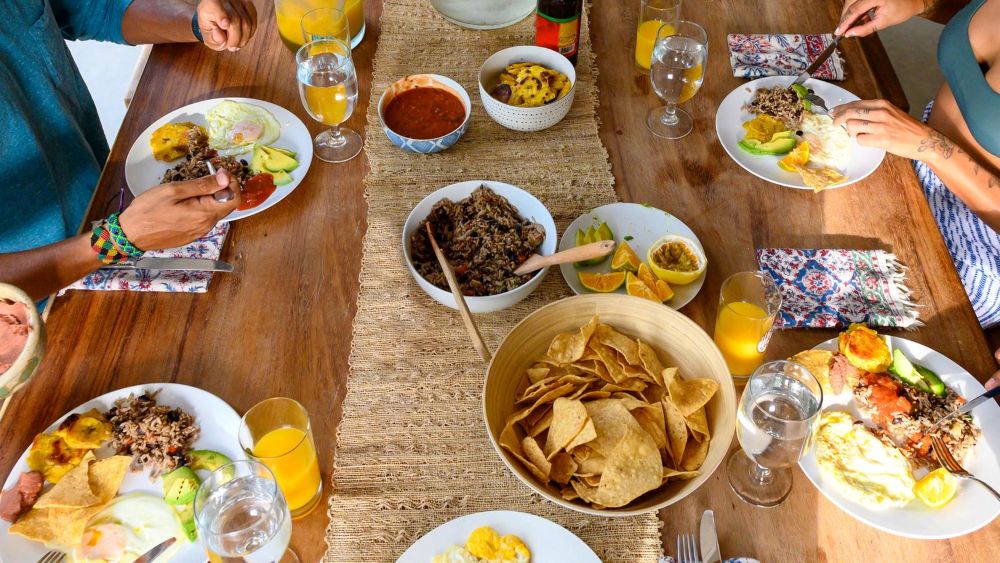Emblème puissant de la culture mexicaine, la musique ranchera tisse un récit sensible et profond de l’histoire nationale. Apparue au XIXe siècle, elle prend racine dans les champs, parmi les campesinos, trouvant sa voix dans la simplicité de la vie rurale. Mais c’est à travers le cinéma mexicain des années 1930 à 1970 qu’elle s’élève, devenant un phénomène culturel qui transcende les frontières.
Un Genre Né de la Terre
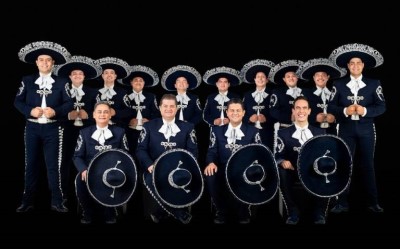
Ce style musical voit le jour au cœur des États de Jalisco et Guanajuato, terres agricoles et rurales par excellence. Les chants issus des ranchos deviennent le miroir des vies quotidiennes, des luttes et des passions des travailleurs de la campagne. Après la Révolution mexicaine de 1910, le genre évolue : il se fait l’écho de sentiments de rébellion face aux injustices sociales, tout en célébrant l’amour, le patriotisme et la beauté de la nature.
L’Âge d’Or du Cinéma: Un Catalyseur Culturel
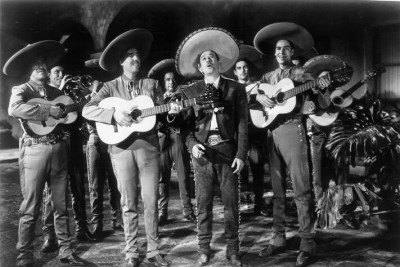
L’essor du genre est indissociable de l’âge d’or du cinéma mexicain. Des films comme Allá en el Rancho Grande (1936) marquent non seulement le début d’une véritable industrie cinématographique nationale, mais ancrent aussi ces chansons dans l’imaginaire collectif. À travers des récits romantiques et des tragédies amoureuses portées par des airs poignants, la chanson rurale devient un pilier incontournable de la culture musicale latino-américaine.
Les Icônes de la Ranchera
Des figures mythiques telles que Pedro Infante, Jorge Negrete, Lola Beltrán (surnommée « la Reine de la chanson mexicaine ») ou encore Maria de Lourdes ont porté ces airs au-delà des frontières, touchant les cœurs aussi bien en Russie qu’aux Pays-Bas ou en Indonésie. Parmi les artistes contemporains qui ont renouvelé le genre, citons Juan Gabriel – avec plus de 100 millions d’albums vendus –, Natalia Lafourcade ou encore Alejandro Fernández, fils du légendaire « El Rey » Vicente Fernández.
Notre Article : Rythmes de Colombie, Le Vallenato
Mariachi: L’Essence Musicale de la Ranchera
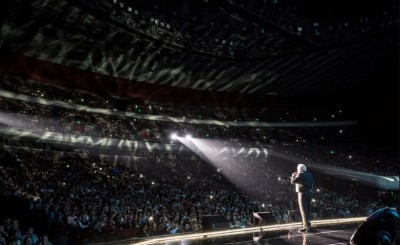
Le mariachi, inscrit au patrimoine culturel immatériel de l’humanité par l’UNESCO, incarne l’âme de cette musique. Composés traditionnellement de guitares, violons, trompettes et parfois de harpes, ces ensembles confèrent une sonorité unique aux voix puissantes qu’ils accompagnent. Héritiers d’un savoir-faire mêlant influences autochtones, espagnoles et créoles, ils expriment la pluralité de l’identité mexicaine. Le Mariachi Vargas de Tecalitlán, en particulier, a joué un rôle central dans sa diffusion à l’échelle internationale.
Avec son ancrage populaire et son impact global, la musique ranchera reste une source d’inspiration intemporelle. Instantanément reconnaissable, elle exprime avec force l’âme d’un peuple, tissant un lien profond avec ses racines, dans une terre de contrastes, d’émotions intenses et de beauté saisissante.

